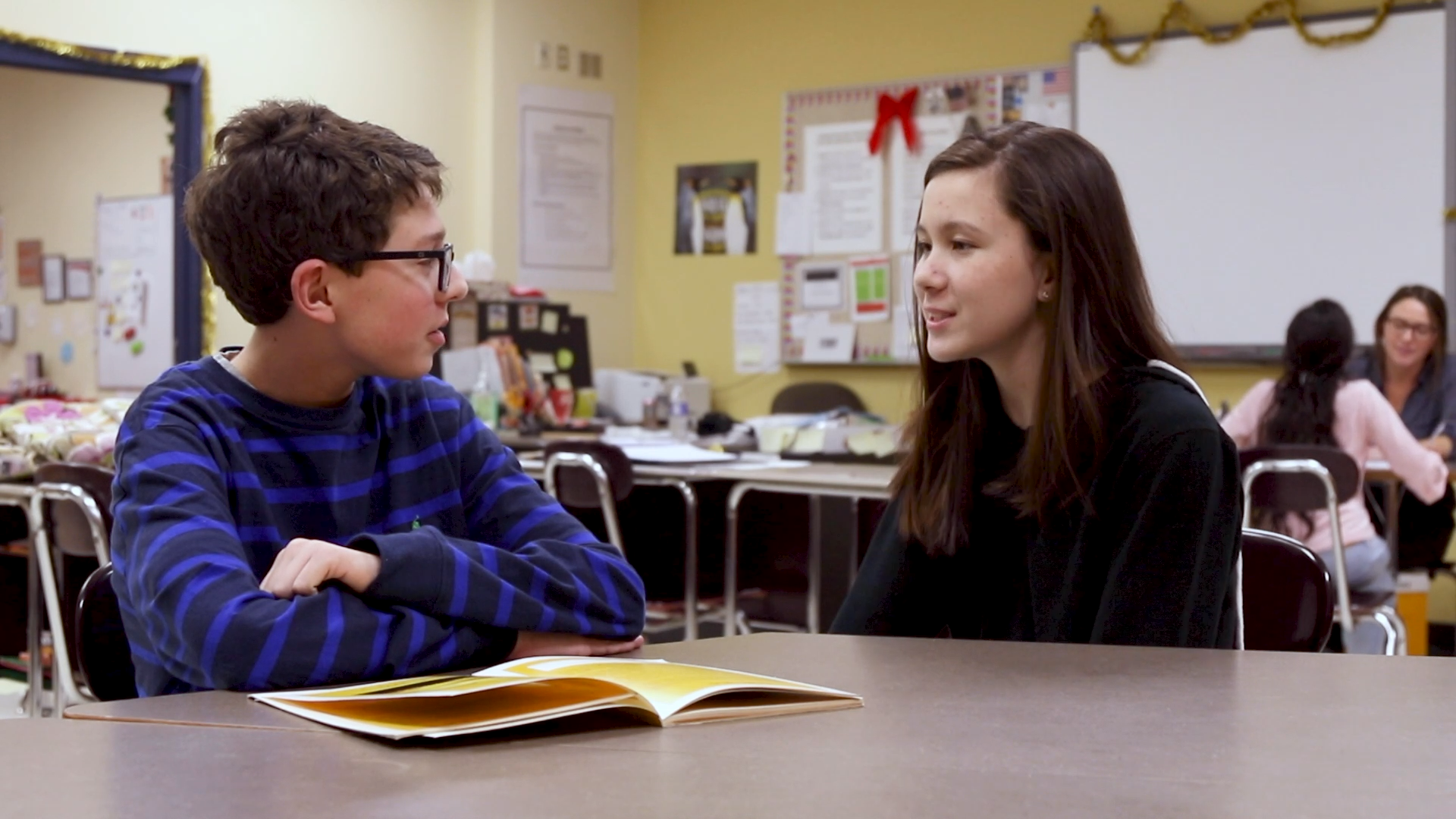
When it comes to engaging in meaningful conversations, it’s essential for students to consider the interests of others. This not only fosters a sense of empathy, but also helps to create an enjoyable and inclusive environment for everyone. In this blog post, we will discuss the concept of Topic Radar, an effective tool that can help students think about what others like to talk about, and explore a no-prep activity, discussion questions, related skills, and next steps to facilitate social-emotional learning.
Introduction
Topic Radar is a skill that helps students think about what other people like to talk about, ensuring that conversations are enjoyable for all participants. By using Topic Radar, students can remember what they know about others, such as their interests, hobbies, and favorite things, and identify commonalities to create engaging conversations. This skill is an essential aspect of social-emotional learning, as it encourages students to be empathetic and considerate of others’ feelings and interests.
No-Prep Activity
One effective no-prep activity to teach students how to use Topic Radar is the “Conversation Circle.” To conduct this activity, have students stand or sit in a circle. Choose one student to start the conversation by sharing a personal interest or hobby. The next student must then use their Topic Radar skills to ask a question or make a comment related to the first student’s interest. The conversation continues around the circle, with each student contributing by asking questions or making comments using their Topic Radar to identify common interests or topics that others may enjoy discussing. The goal is to keep the conversation flowing smoothly, demonstrating the importance of considering others’ interests when engaging in conversation.
Discussion Questions
- Why is it important to consider other people’s interests when engaging in conversations?
- How can using Topic Radar help improve our relationships with others?
- What are some strategies for remembering what we know about others and their interests?
- How can we adapt our conversations to include a variety of topics that appeal to different people?
- What challenges might we face when trying to use Topic Radar, and how can we overcome them?
Related Skills
There are several other skills that complement the use of Topic Radar and contribute to well-rounded social-emotional learning. Some of these skills include:
- Active Listening: Paying close attention to what others are saying, asking clarifying questions, and demonstrating understanding through verbal and non-verbal cues.
- Empathy: Understanding and sharing the feelings of others, which can help create more meaningful connections and conversations.
- Self-Awareness: Recognizing one’s own emotions, strengths, and weaknesses, and understanding how these factors may influence our conversations with others.
- Adaptability: Being open to changing the direction of a conversation or adjusting our communication style to better suit the needs and interests of others.
Next Steps
To further explore Topic Radar and other social-emotional learning skills, we encourage you to sign up for free samples of these materials at Everyday Speech. By incorporating these resources into your teaching, you can help students develop essential communication skills that will serve them well in their personal and professional lives.

